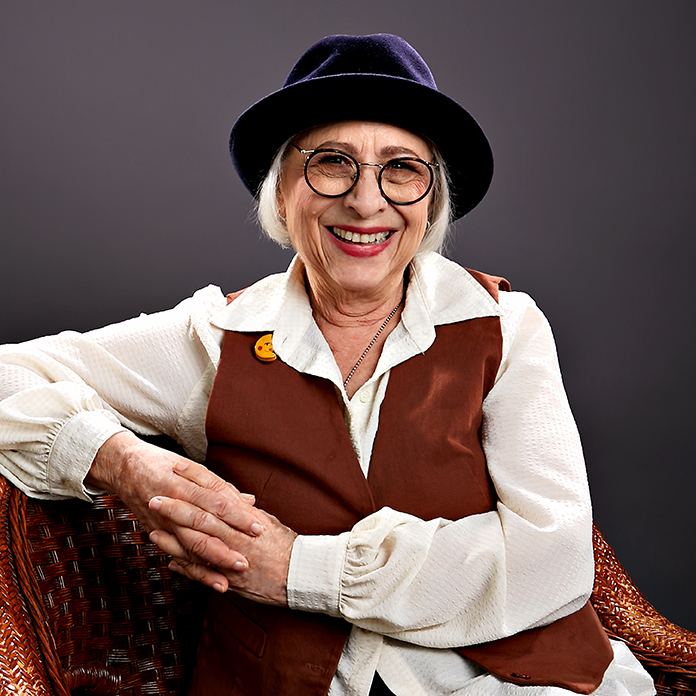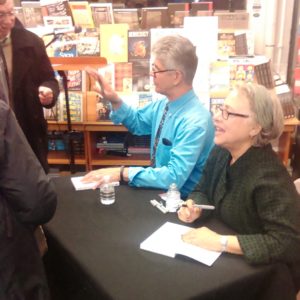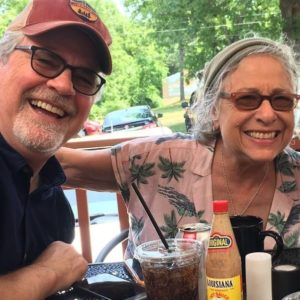While you yearn for transcendence, unearthing, experiencing and processing old wounds is the real work of spiritual development. And you have been a devoted student. Like all old souls on the spiritual path, you have come to confront both the feelings of abandonment, of loss, of jealousy, a fear of missing out, and the self-defensive maneuvers you applied in order to live as good a life as possible, but which bore their own unintended consequences. Your original wounds, in this context, is no less than the maker of personality: the sometimes quirky rascal who should know better, other times the wise one who knows it all—and occasionally really does.
But work hard and long enough on yourself, and there comes a time when you still have all your ordinary fears. You still feel sorry for yourself, find certain people’s responses annoying, toy with feeling if you die, nobody would miss you—at least not enough, and then there’s all the unfinished business. No angels of bliss arrive to raise you up with promises of safety or culmination. But instead, grow old enough and you see the whole of your life through the lens of mortal fear: and, viewed through the perspective of ultimate concern, surprise, surprise, it is good. All of it. Better than transcendence because it is real. After years of seeking, you have no desire to be anybody else. To have any other life.
As it turns out, ordinary fear is the driver behind the drama of our lives, without which we would be stuck in the flatlands, without a compelling narrative to play out through our good and not so good choices. No heroes, no villains, no breakthroughs or overcoming. At some point, even the rhythmic beating of angel wings grows old and we are thrown back into the boiling cauldron we call everyday life. As it turns out, ordinary fear, mortal fear, any fear at all means that you at the very least are alive. So what if you will never conquer your original wounds if you come instead to love them?




